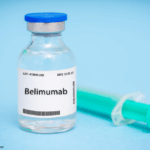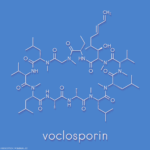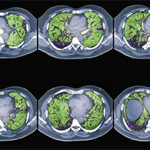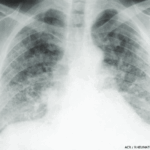Lupus nephritis is one of the leading causes of mortality for patients with systemic lupus erythematosus (SLE), and patients with both SLE and end-stage renal disease have standardized mortality ratios more than 60 times that of patients with SLE with normal kidney function.1 The good news: Rheumatologists now have not one, but two approved options…








